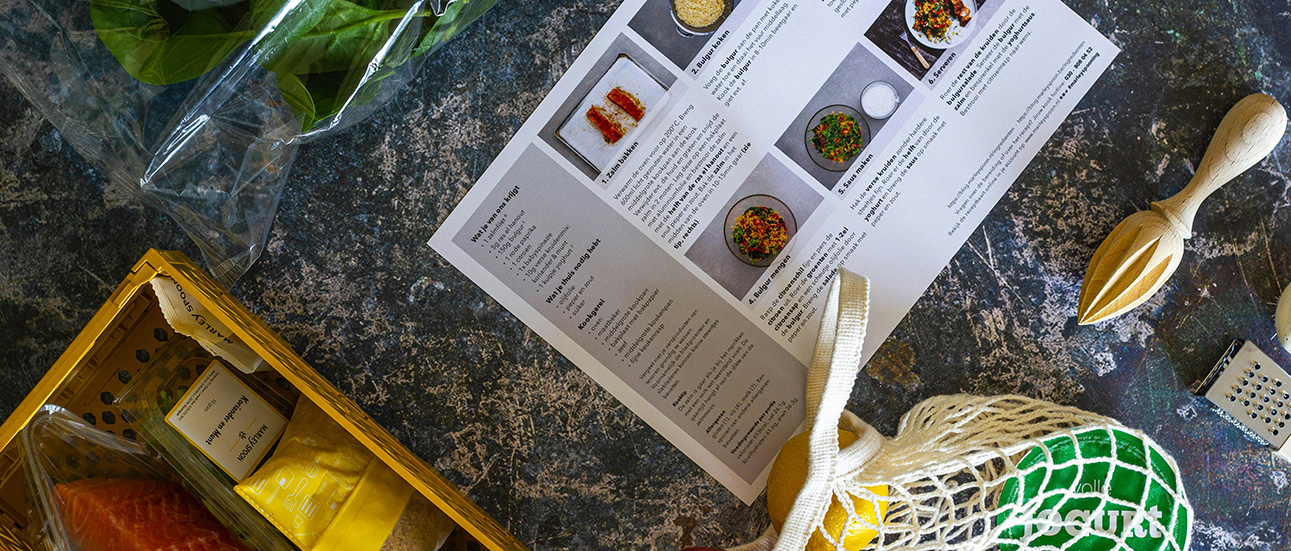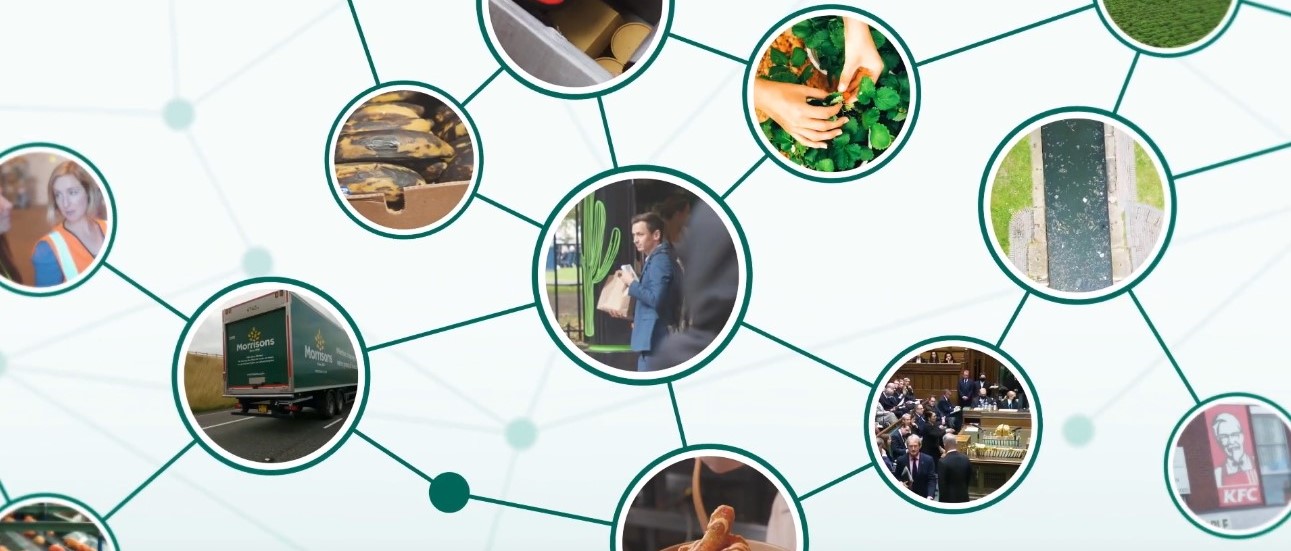For media enquiries, please contact:
The MRC Epidemiology Unit Communications Team
www.mrc-epid.cam.ac.uk/news/communications-team/
comms@mrc-epid.cam.ac.uk
For media enquiries about the Transforming UK Food Systems SPF or UK Research and Innovation (UKRI), please contact: UK Research and Innovation (UKRI) Press Office.
Follow us on Twitter: @gdarnetwork
From surplus into sustenance – evaluating Birmingham’s surplus food hub
In Mandala we’re conducting a range of research projects across Birmingham to investigate how the food system is changing right now, and how it could change in the future. We’re checking in on these projects through a series of short films – Stories from a Changing Food System – produced by Good Stories in Food.
The Active Wellbeing Society (TAWS), a cooperative working with communities to reduce inequalities, has set up a Surplus Food Hub at the Birmingham Wholesale Market. Here, surplus food that would otherwise go to waste is collected and redistributed to community organisations supporting people experiencing food insecurity.
Making the case for expanding free school meals
In Mandala we’re conducting a range of research projects across Birmingham to investigate how the food system is changing right now, and how it could change in the future. We’re…
New study quantifies how food production drives species extinction risk – with enormous variation across foods and regions
A study led by members of the Mandala Consortium at the University of Cambridge, has revealed that the impact of food production on species extinction risk can differ by up…
Can Recipe Boxes improve our diets?
Can recipe boxes give families with school-aged children the opportunity to access more affordable healthy food? In this episode of The Food Foundation’s podcast – Pod Bites – the MRC…
Greener plates at Birmingham Children’s Hospital
At Mandala we’re conducting a range of research projects across Birmingham to investigate how the food system is changing right now, and how it could change in the future. We’re…
Stories from a Changing Food System: Change Kitchen
At Mandala we’re conducting a range of research projects across Birmingham to investigate how the food system is changing right now, and how it could change in the future. We’ll…
The City of a Thousand Flavours – Reflections on a Birmingham visit
In early December, members of the Mandala Consortium visited Birmingham to explore different aspects of the city’s food environment, systems and culture. In a packed 24 hours, researchers from the…
New consortium funded to deliver systems research programme to transform urban food system
The MRC Epidemiology Unit is leading one of four multi-million pound interdisciplinary research programmes awarded funding to support the transformation of the UK food system. The research is being funded…




